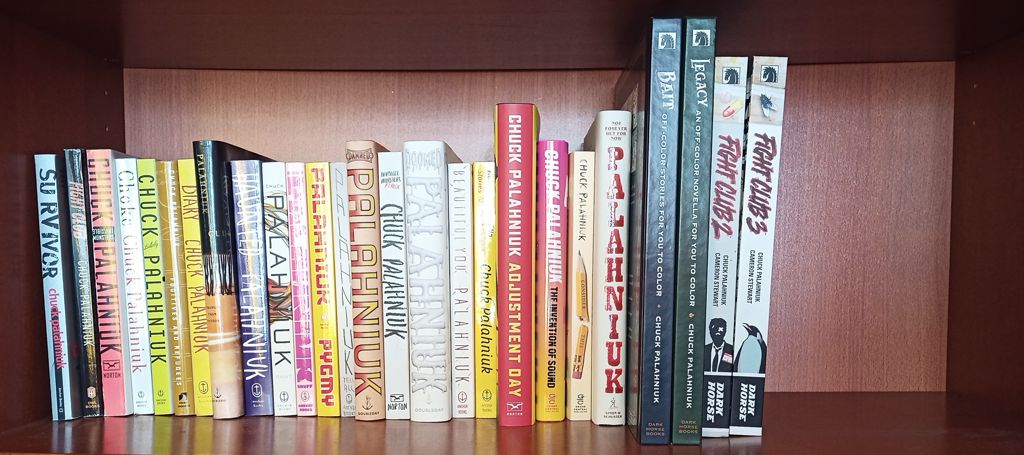For Pennsic, the Japanese-themed group we camp with, “Clan Yama Kaminari”, surrounds the camp with camp curtains called “jinmaku“. We typically refer to these as “windscreens”. Our camp is large, and these things don’t last forever, so we typically need to make one or two dozen new jinmaku every year to swap in for faded or otherwise damaged ones. Some time ago, I made some others to serve as personal curtains, or advertising banners for the Barony and Kingdom. For her birthday, I made my sweetie a couple of personal jinmaku.
When we make them for camp, we make them in a “black over red” configuration. When I asked Hara Shonagon what colors she would want for personal jinmaku (without my committing to making them), she responded probably white/green or white/purple. Since she seemed undecided, I made one of each.
These are just cotton/poly fabric with webbing tabs at the top for hanging. I did put a lot of sewing into each one. Each has proper flat-felled seams for the top/bottom join, and a real hem at the top. The ones we make for clan spend most of the year locked up in a storage trailer, and only get used at Pennsic. We can use these whenever we want.




